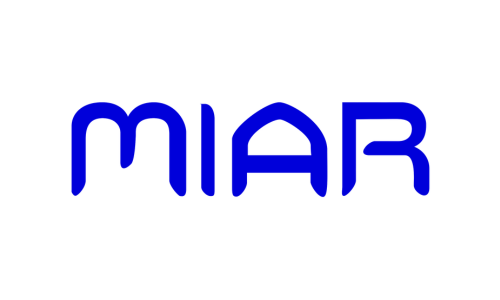The 1910 and 1911 Albanian Uprisings and the Dualism of the Greek Foreign Policy
Abstract
Convinced that Albanians should continue their fight against the Young Turks because their national existence was at stake, the Albanian’s nationalist, Ismail Qemal Vlora remained in constant contact and on good terms with Greek statesmen and politicians both in the anti-ottoman Uprising of 1910 and in the other one a year later. As long as the Greek state was economically and militarily weak and in non-peaceful relations with its neighbors, and as long as the Great Powers were determined to maintain the status- quo, Greece tried to use at its best the situation created by the Albanian uprisings so as to ensure the European intervention, which would open discussions on the unsolved issues in the Ottoman Empire. Two of those issues, Crete and Macedonia, were considered of primary importance and extremely difficult for the Greek politics. The Greek policy towards the Albanian issue had a dual character: peaceful and armed. The former involved any political action intended to channel the Albanian issue to a dual Greco-Albanian state. The latter referred to the strengthening and continuous supporting of the Uprising against the Ottoman Empire in northern Albania. But this was only one side of the Greek policy towards the Albanian issue. In an effort to implement the Megali Idea, Greece prevented the spread of the Uprisings in Lower Albania, whose territories it openly claimed.
Keywords: Ottoman Empire, Albanian National Movement, Greece, Uprising, Megali-Idea.
Downloads
Published
How to Cite
Issue
Section
License
Declaration/Copyright transfer:
1. In consideration of the undertaking set out in paragraph 2, and upon acceptance by ANGLISTICUM for publication of the manuscript in the Journal, I/We hereby assign and transfer publication rights to ANGLISTICUM, whereas I/We retain the copyright for the manuscript. This assignment provides ANGLISTICUM the sole right and responsibility to publish the manuscript in its printed and online version, and/or in other media formats.
2. In consideration of this assignment, ANGLISTICUM hereby undertakes to prepare and publish the manuscript in the Journal, subject only to its right to refuse publication if there is a breach of the Author’s warranty in paragraph 4 or if there are other reasonable grounds.
3. Editors and the editorial board of ANGLISTICUM are empowered to make such editorial changes as may be necessary to make the Manuscript suitable for publication.
4. I/We hereby acknowledge that: (a) The manuscript submitted is an original work and that I/We participated in the work substantively and thus I/We hereby are prepared to take public responsibility for the work; (b) I/We hereby have seen and approved the manuscript as submitted and that the manuscript has not either been published, submitted or considered for publication elsewhere; (c) The text, illustration, and any other materials included in the manuscript do not infringe upon any existing copyright or other rights of anyone.
5. I/We hereby indemnify ANGLISTICUM and the respective Editors of the Journal as mentioned in paragraph 3, and hold them harmless from any loss, expense or damage occasioned by a claim or suit by a third party for copyright infringement, or any suit arising out of any breach of the foregoing warranties as a result of publication of the manuscript.













